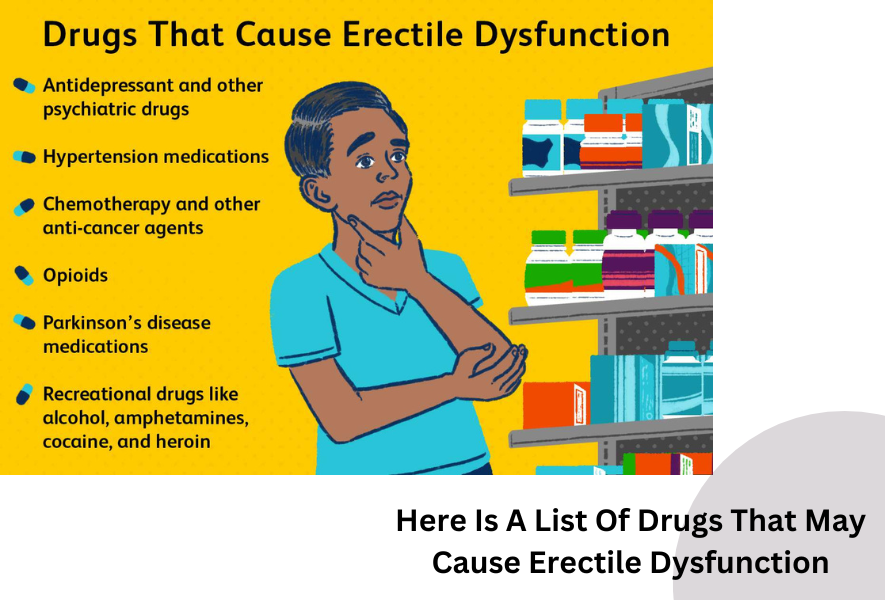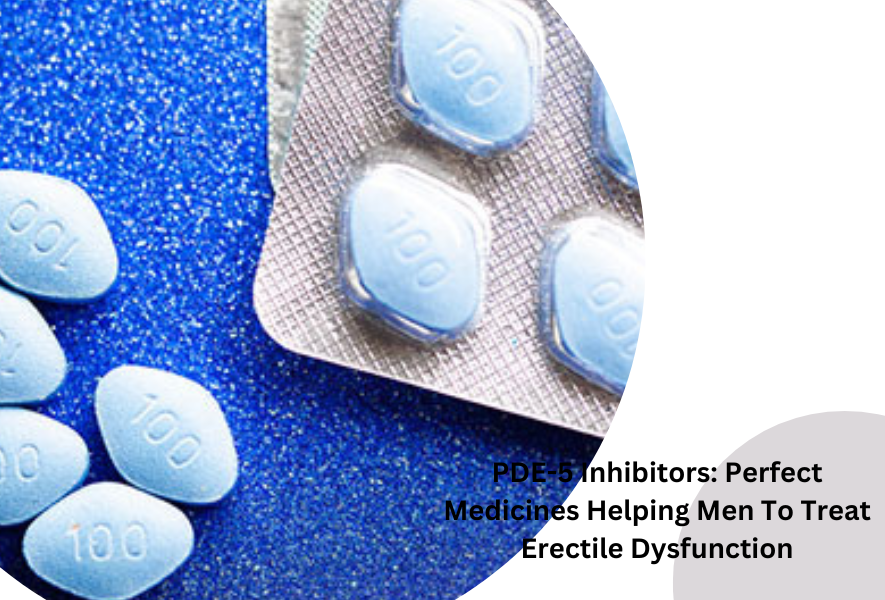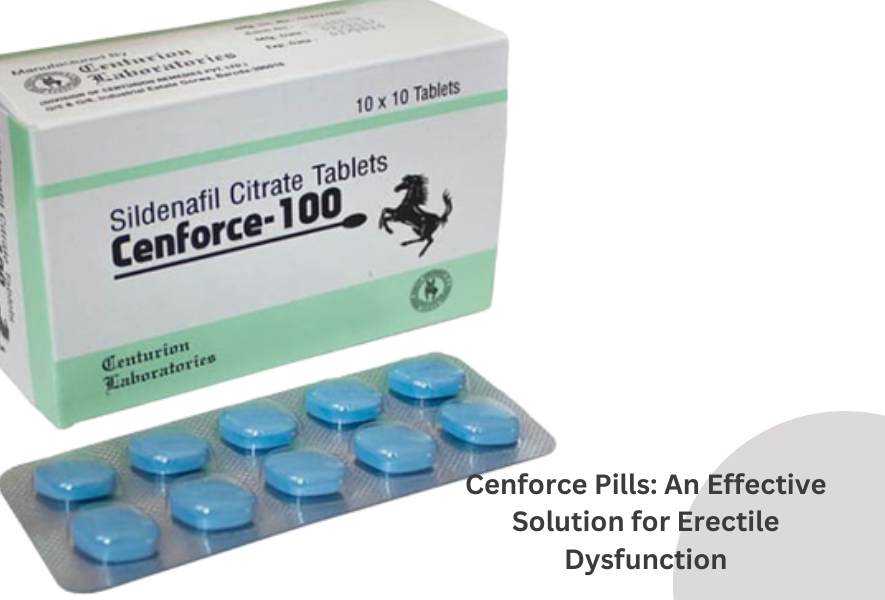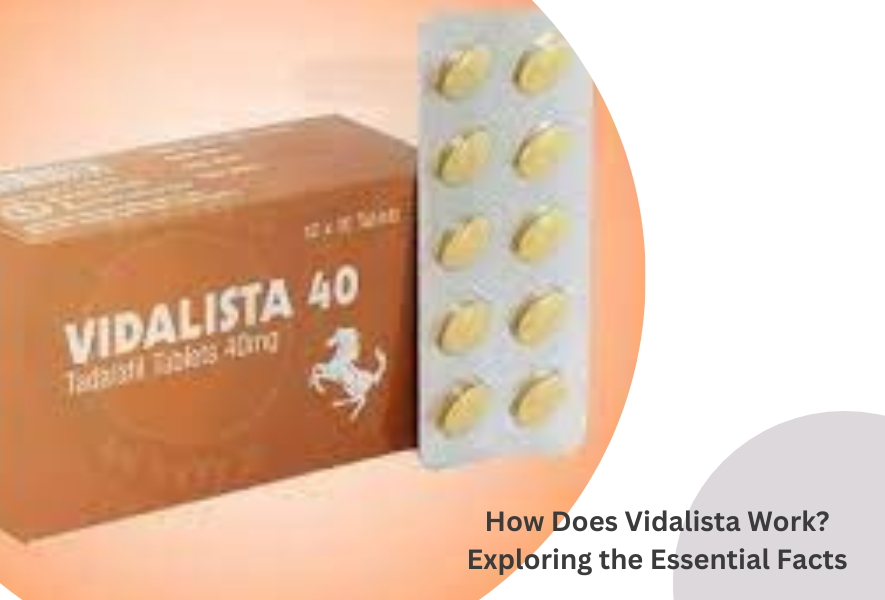Here Is A List Of Drugs That May Cause Problems With Erectile Dysfunction
Erectile dysfunction (ED), which is the inability to get and keep an erection firm enough for sexual activity, affects millions of men worldwide. While there are numerous reasons one might experience ED, ranging from psychological factors to age, a factor that often gets overlooked is the impact of certain medications. Drugs have been long associated with potential side effects, and unfortunately, ED is a common side effect for many medications.
Erectile Dysfunction (ED) Cure useful Medication:
Let’s dive into a list of some of the medications that might be linked to ED:
Antihypertensives
Diuretics (Water Pills): Used to treat high blood pressure, these drugs can decrease the force of blood flow to the penis, making it difficult to achieve an erection.
Beta-Blockers: Examples include metoprolol and atenolol. They are also used to treat high blood pressure and heart ailments. They can interfere with the nervous system’s response to sexual arousal.
Antidepressants and Anti-anxiety Medications
Selective Serotonin Reuptake Inhibitors (SSRIs): Examples include fluoxetine, paroxetine, and sertraline. They can, among other side effects, lead to ED.
Benzodiazepines: Such as diazepam and clonazepam, often used for anxiety, can also cause ED.
Antipsychotics
Drugs like haloperidol, risperidone, and olanzapine can affect sexual function and can lead to ED.
Histamine H2-receptor Antagonists
Used for heartburn and acid reflux, drugs like cimetidine can cause ED.
Hormonal Drugs
Antiandrogens: Such as flutamide, which are used for prostate cancer therapy, can lead to ED.
5-alpha reductase inhibitors: Like finasteride and dutasteride, which are used for benign prostatic hyperplasia (BPH) and hair loss, can cause sexual side effects.
Opioids
Chronic use of painkillers like morphine, oxycodone, and fentanyl can decrease testosterone levels, leading to a decreased libido and ED.
Non-Steroidal Anti-Inflammatory Drugs (NSAIDs)
Long-term and frequent use can be associated with a risk of ED.
Antiarrhythmics
Medications like amiodarone, used for irregular heartbeat, can cause ED.
Antihistamines
Some over-the-counter antihistamines can cause temporary problems with erection.
Anti-retroviral Drugs
Used to treat HIV and AIDS, some of these medications can lead to ED.
Anti-ulcer Drugs
Cimetidine, used to treat ulcers and acid reflux, has been linked to ED in some cases.
What Should You Do?
If you suspect that a medication you’re taking is affecting your ability to get or maintain an erection, it’s crucial not to stop taking the drug without consulting your doctor. Abruptly discontinuing some medications can have serious repercussions.
Instead:
Discuss with your doctor: Explain your symptoms, and ask if the medication could be the cause. Your doctor may be able to adjust your dosage or switch you to a different drug.
Consider lifestyle changes: Quitting smoking, reducing alcohol consumption, maintaining a healthy weight, and staying active can help combat ED.
A urologist or an endocrinologist might provide additional insights and treatment options for ED.
Remember, every individual is different. Just because a drug has the potential to cause ED doesn’t mean it will happen to everyone. The benefits of the medication often outweigh the potential side effects, but it’s essential to be informed and to communicate with your healthcare provider.










